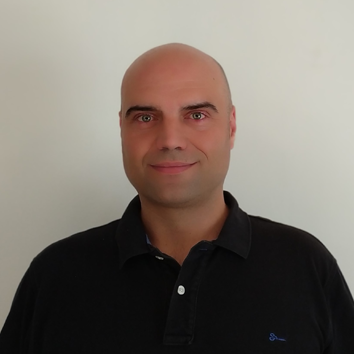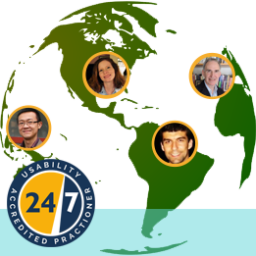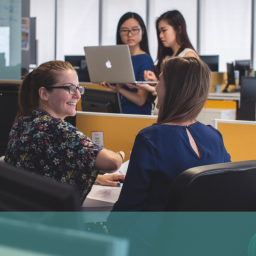At UX24/7 we are fortunate to work with our network of international UX researchers within our Accredited Practitioner Program.
We decided it would be great to talk to our researchers and get an insight into their industry experiences as well as find out what is unique about UX in their home countries.
In this blog series, we have shared our conversations with each of our researchers from here in the UK, to Brazil, China and many more countries worldwide.

Know your users well, and then align your business strategy to respond to their needs through the appropriate technology.
How did you get into the [UX] field?
During my years at the university as a Psychology student I also worked as a web designer and content manager. In the early days of the Internet and mobile technologies there was much interest, but also a lot of user frustration. I started to explore how Psychology could help improving user experience, and I ended up doing a PhD in Experimental Psychology with a focus on human-computer interaction. Since then, I have tried to apply my knowledge and experience to different industries and technologies.
Any advice for people wanting to get into the [UX] field?
The most important thing will be curiosity and the ability to learn new things. UX is a multidisciplinary field, which means that your background is not so important. There are recognised experts coming from fields such as psychology, graphic design, computer science, information sciences, etc. Whether you specialise in user research or in web prototyping, you will need to know the basic aspects of user psychology, research techniques, design principles, web technologies, etc.
What do you enjoy about working in the UX industry?
UX projects are challenging by nature. At the beginning there is a lot of uncertainty about the needs of users, which is the best solution to a problem or how to improve usability. Contributing to creating successful products and services is very satisfying.
What has been your favourite project to work on?
I have been working for many years on projects in which accessibility was very important. Creating a product or service that can be used by people with the widest possible range of abilities, including people with disabilities.
What is the most common usability issue you encounter during your testing?
Lack of knowledge about users. Even today many companies still do not know anything about the needs of their users, and they communicate with them in a complex and difficult to understand language. UX designers must be empathetic and favour simplicity.
What is the one piece of advice you would offer brands to improve their UX?
Know your users well, and then align your business strategy to respond to their needs through the appropriate technology.
What future UX trends do you envision?
The advances in artificial intelligence (AI) are very promising, this will have a very important role in defining how we communicate with technology. As a result, the UX field will have to reinvent itself to create new guidelines, methods and techniques to accommodate AI as an active agent in the interaction.
What is unique about the UX in your country?
Something I find different in Spain with respect to other countries, especially in comparison with the UK and the USA , is the lower weight of user research within the UX practices. However, it is something that is rapidly changing, and the most important companies in the digital sector are already hiring dedicated UX researchers.
If you would like to join our growing international roster of freelance UX professionals get in touch at hello@ux247.com.















